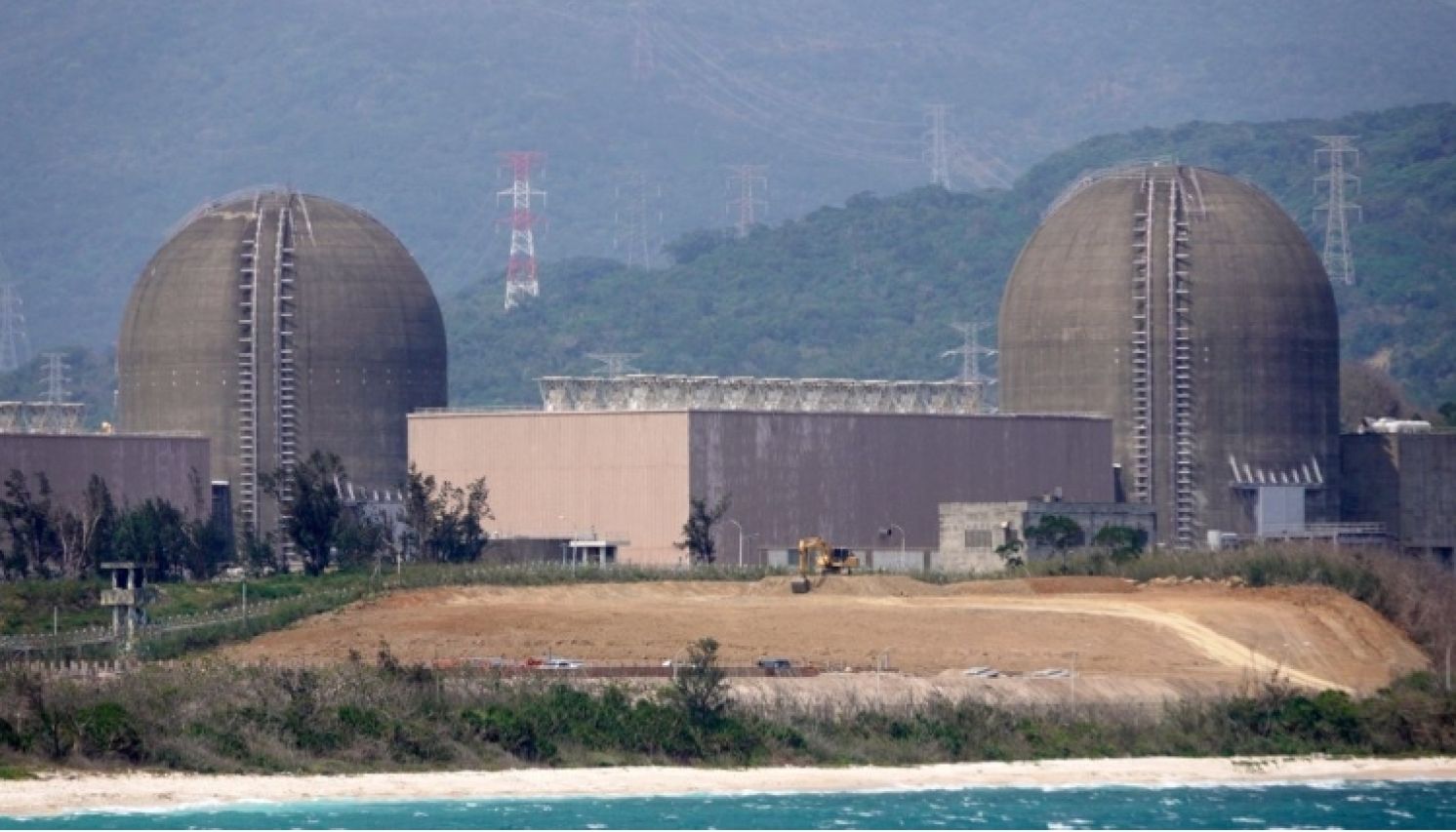
0:32 President Lai Continues to Defy Mainstream Opinion
By Shan Hou-chi, China Times Opinion, August 23, 2025
The results of the August 23 recall and referendum votes have been revealed. All seven Kuomintang (KMT) legislators targeted for recall survived, with “no” votes not only exceeding 25 percent in every case but in several instances doubling the number of “yes” votes—resoundingly defeating the recall attempts. Meanwhile, the referendum on extending the operation of Nuclear Power Plant No. 3 did not cross the 5 million–vote approval threshold but came close, with “yes” votes nearly tripling the number of “no” votes. For the Democratic Progressive Party (DPP), the loss was even worse than the July 26 recall debacle.
Following the major defeat in the July 26 recall, the DPP’s momentum collapsed. Many observers assumed the outcome of August 23 was already set and that voter turnout would be low. Yet the KMT still mobilized more than 25 percent of the electorate for its seven legislators, and the referendum—initially a lukewarm issue with the KMT devoting limited effort due to its focus on the recalls—still drew over 4 million votes.
After the July 26 defeat, the DPP showed no real introspection. Apart from Secretary-General Lin Yu-chang’s resignation, President Lai Ching-te and Premier Cho Jung-tai offered almost no response, refusing to acknowledge failure by either themselves or the party. It was only on the eve of the vote that a few Cabinet resignations were announced. Silent centrist voters once again headed to the polls to punish President Lai and the DPP, forcing the ruling party to confront its mistakes.
“What does not kill me makes me stronger.” With the recalls decisively struck down, the 31 KMT lawmakers not only secured “invincibility” for the remaining two-plus years of their terms but also solidified their local bases and personal strength. This makes it even harder for the DPP to defeat them in 2028. For grassroots DPP politicians, this is a devastating blow; the lack of upward momentum will significantly damage the party’s overall morale and strength.
The August 23 votes mark the DPP’s most severe collapse in history. Whether in terms of the lopsided ratio between “yes” and “no” votes or the unprecedented 74 percent to 26 percent referendum result, such numbers had never been seen before. Opposition to extending Nuclear Power Plant No. 3 was crushed in every county and city, including among residents living near the plant itself. The DPP was plainly standing in opposition to mainstream public opinion.
At a press conference last night, President Lai responded to the results by repeatedly praising the millions who launched the recall attempts—while avoiding mention of the voters who rejected the recalls. Regarding the clear public opinion expressed through the referendum, President Lai explicitly refused to accept it, declined to acknowledge any failure on his part, and shifted blame to the Legislative Yuan and opposition parties.
President Lai and Premier Cho may continue pretending this was not their failure and may refuse to accept the results. But can other DPP candidates for mayor, county magistrate, or councilor afford to do the same? Can Legislator Chuang Jui-hsiung keep crying out about “second-class citizens” and “free my hometown”? President Lai may ignore the referendum’s message, but DPP candidates cannot cling to this shattered “sacred tablet,” allowing it to become the Achilles’ heel of their future campaigns.
At the outset of the recall drive, the “Green Bird” movement swept across Taiwan, with the DPP dominating online discourse. The slogan of “resist China, protect Taiwan” left the KMT completely on the defensive. But after the recalls, that once-effective rallying cry has been exhausted, drained of value, and even turned into a pejorative. The personal label of “Principal Lai” has stuck to President Lai, and public dislike and mockery of him have become a new nationwide trend.
What President Lai and the DPP lost was not just the July 26 and August 23 battles, but the entire political battlefield and the future. For a long time, the DPP had symbolized local spirit and values. But from now on, the party and President Lai have become the embodiment of opposition to mainstream public opinion in Taiwan. The more President Lai insists and refuses to concede, the further the DPP drifts from the mainstream, the more it will be despised and rejected by the people—until it faces irreversible ruin.
From: https://www.chinatimes.com/opinion/20250823002825-262104?&chdtv